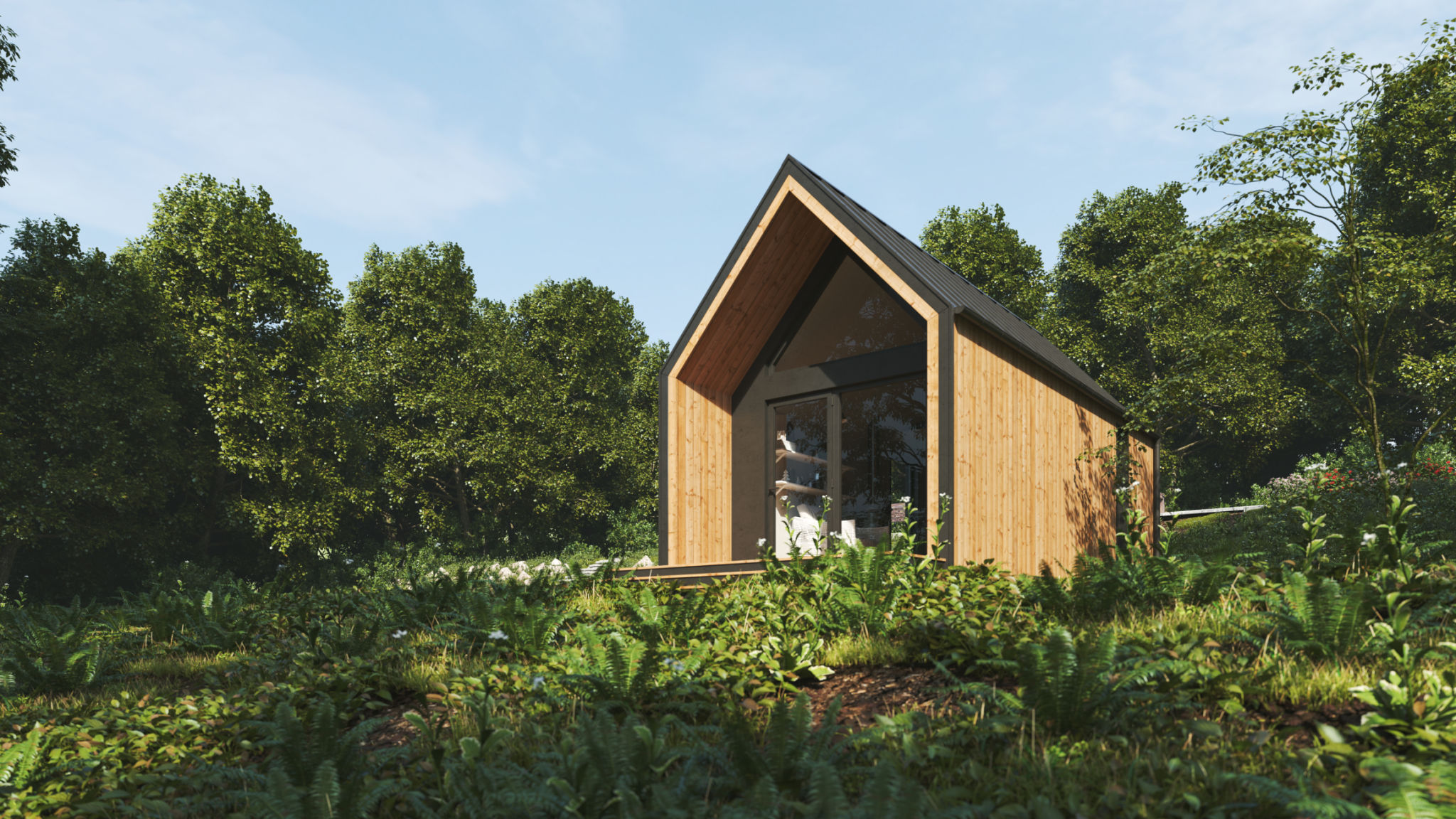Comprehensive Guide to Residential Construction in London
Understanding Residential Construction in London
The vibrant city of London is renowned not only for its historical architecture but also for its modern residential construction projects. Whether you're planning a new build or renovating an existing property, understanding the intricacies of residential construction in London is crucial. This guide aims to provide a comprehensive overview of what to expect and consider when embarking on a construction project in this bustling metropolis.

Key Regulations and Permits
Before breaking ground, it's essential to be aware of the various regulations and permits required in London. These regulations ensure that construction projects meet safety standards and preserve the city's unique character. Typically, you will need planning permission from your local council, especially if your project involves major alterations or new constructions. Additionally, building regulations approval is mandatory to ensure structural integrity and safety.
Choosing the Right Location
Location is a critical factor in residential construction. London's diverse neighborhoods offer different benefits, from the cultural vibrancy of Shoreditch to the serene environment of Richmond. Consider proximity to amenities, transportation links, and the overall neighborhood vibe when selecting a site for your project. A well-chosen location can significantly enhance the property's value and appeal.

Planning and Design Considerations
Once you have navigated the regulatory landscape and chosen a location, the next step is planning and design. Collaborating with skilled architects and designers can help bring your vision to life while ensuring compliance with local regulations. Considerations such as layout, sustainability, and aesthetics should align with both personal preferences and market trends.
Sustainability in Construction
In recent years, sustainability has become a focal point in residential construction. Incorporating eco-friendly materials and energy-efficient systems can reduce the environmental impact and lower utility costs. London offers numerous incentives for green building practices, making it beneficial to integrate sustainability into your project.

Budgeting and Financing Your Project
Careful budgeting is crucial to avoid unforeseen expenses and financial strain. Begin by obtaining detailed quotes from contractors and suppliers. It’s wise to include a contingency fund for unexpected costs. Exploring financing options, such as construction loans or mortgages, can also provide the necessary capital to bring your project to fruition.
Working with Construction Professionals
A successful residential construction project relies heavily on the expertise of construction professionals. Hiring experienced builders, architects, and project managers can ensure your project runs smoothly from inception to completion. Communication is key; regular updates and open discussions can prevent misunderstandings and keep the project on track.

Navigating Challenges in Construction
Every construction project faces its set of challenges, from weather disruptions to supply chain issues. Being prepared with a flexible timeline and having contingency plans in place can mitigate these challenges. Additionally, maintaining good relationships with contractors can facilitate quicker resolutions to any problems that arise.
In conclusion, residential construction in London requires careful planning, consideration of local regulations, and collaboration with skilled professionals. By understanding these key elements, you can successfully navigate your construction project, creating a home that reflects both your personal style and meets the demands of urban living.
